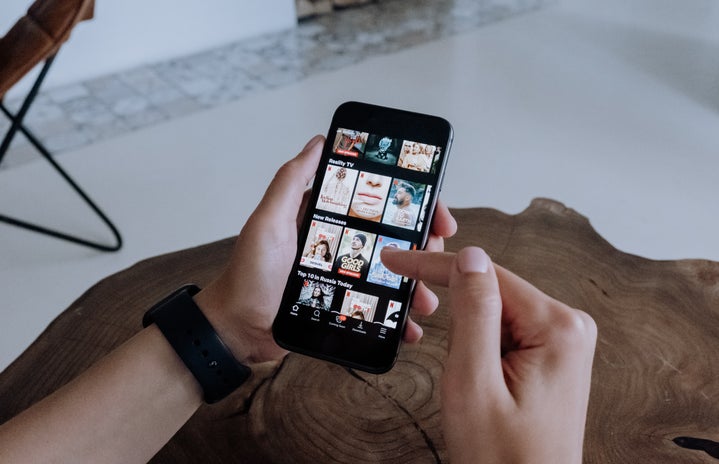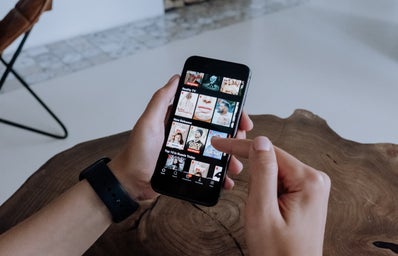Oh, Steve Jobs, is it possible for me to both love and hate you?
You created the 2007 iPhone, and in doing so, generated an entire culture based on technology in the modern world. With this act, you unknowingly crafted the tool that I would soon proceed to waste countless hours of my life on. Steve, if I could speak to you now, I might just ask, Was it really worth it?
I remember the first time my mom got an iPhone, back in 2010. The black iPhone 4, with 32 GB of storage. It’s funny that I even remember such trivial details about the make of the phone, but in a culture that prioritizes technology use, I can’t say that I am surprised.
Needless to say, I was steaming with envy. As a third grader I had been pining away for a phone and was, up until that point, crossing my fingers for a tiny BlackBerry cell. When I laid my eyes upon my mom’s new phone, I felt as if I was uncovering something truly marvelous. Thanks to Mr. Jobs, and of course the prospering Apple company, my family and I became hooked on the trend of getting a new iPhone every couple of years as the next one was released. It became a game, one that we were happy to play. The problem with this game lay in the fact that we all became a little more than addicted to our phones – they had become a staple aspect of our lives that we simply could not survive without.
Now, on the fifth iPhone of my lifespan, I have gone through many periods of trying to break away from this sharp grasp that my phone has on me. Yet, as many times that I try, each attempt proves futile. I might spend a day away from my phone, only to return to it at night in a moment of almost ecstatic relief. This feeling of discomfort whilst being away from my phone actually stems from the chemically addictive characteristics of phones. What might best be described as a “high” when we use our phones after a while is actually because our brains release dopamine that makes going on our phones feel really good. Thus, this pattern of feeling good when we use our phones ultimately fortifies this behavior, and in turn, leads to addiction.
Okay, so we have established that returning to our phones leads to chemical reactions that produce “good-feeling” emotions, which overall increases the urge to check it again. Yet, the problem is not as simple as this. With nearly 114 million iPhone users in the U.S. alone, it is clear that Steve Jobs not only created a phone, but also a device that would become deeply ingrained in our society. How are we supposed to recognize our own phone addiction when everyone around us is just as addicted?
On a day as simple as attending classes at University, I rely on my phone for almost every second of it. Whether it is communicating with someone through text or using it to write notes, I tend never to leave my home without my iPhone sitting in my back pocket. When I do go out without it, it seems that moments of downtime become much more prevalent, because I simply don’t have my phone for easy entertainment.
Yet, when I look back on my day, I see hours of screen time logged. With the average person picking up their phone 2,617 times per day, it is no wonder that these hours add up. If looking at your daily screen time isn’t enough to prompt you to turn your phone off, breaking your cell phone addiction is also associated with decreased rates of depression and better short-term memory. Even if it seems impossible, the thought of what I’ve been missing out on in the hours spent on my phone has been enough to prompt me towards breaking this addiction.
Even if using technology has become a crucial aspect of modern daily life, the benefits of taking time away from our phones is certainly worth it. As much as I (my third grade self particularly) appreciate the ingenuity of Steve Jobs, I have to admit that the feeling of actually sitting down, un-entertained by trivial phone use, is an almost life-changing feeling.
Instead of blasting music in the car, roll down your windows and listen to the wind flying by. Even if it takes a little longer, try to get around a new city by learning the streets instead of relying on Google Maps. If you miss someone far away, send them a letter; it will last longer than a quick text. If you’re bored, start reading a book or learn to meditate. I must confess, these are all changes that I have not yet achieved, but hey, admittance is the first step.


